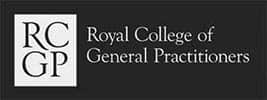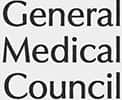The venesection was painless to say the least, thank you for using local anaesthetics; highly recommended
Hair is a sign of youth and vitality, and thinning hair can make you look older and affect how you feel. Hair loss is a widespread condition affecting men of all ages, and by age 50, between 30 to 50% of men experience hair loss.
Hair loss can have a significant emotional and psychological impact on men, affecting self-esteem, confidence and overall well-being. Many men experience anxiety, social withdrawal or even depression as they struggle with changes to their appearance.
Early intervention is key, and with modern advancements, effective non-surgical hair loss treatments are available to help restore hair growth and prevent further thinning. Finding the right hair loss treatment for men can help restore confidence and improve quality of life.
Many different factors can lead to hair loss, and establishing the cause will help determine the most suitable men’s hair loss treatment. Hair loss can be a sign of underlying health conditions, so we advise consulting with your GP if you have any concerns about your health and general wellness.
You may notice the first signs of hair loss when washing or brushing your hair if your shower drain or hair brush is collecting more hair than usual.
Hair loss typically progresses in stages. Commonly, hair begins to thin at the temples, creating an “M” shape. It may also start at the top of the head as hair thins to form a bald spot on the crown area. These primary stages are followed by the bald areas merging, leaving only hair on the sides and back of the head. In the final stage, most of the scalp is bald, sometimes with a horseshoe-shaped ring of hair remaining.
If you’ve spent your whole life with a great head of hair, it can be worrying when hair loss begins, and it can also impact your confidence. However, there are effective non-surgical hair loss treatments that offer fast results.
One of the most widely researched and proven hair loss treatments is platelet-rich plasma (PRP) therapy.
Discovered in the 1940s, PRP therapy has been widely used for treating various medical conditions, including tissue damage, osteoarthritis and ligament injuries. Its effectiveness in hair loss treatment for men has been studied in clinical trials, with 16 studies showing that most participants experienced noticeable hair growth and improved hair density.
There are also natural hair loss treatment options like scalp massaging, rosemary oil and supplements that can help stimulate hair growth.
Harley Street MD is a London aesthetic and health clinic founded and led by Dr Chia Tan, a UK GMC registered doctor who is also a member of several professional organisations, including the Royal College of Surgeons (MRCS) and the British College of Aesthetic Medicine (BCAM). We do not provide hair transplant surgery, but we do provide non-surgical hair loss treatment for men. Out of all the hair loss treatments, PRP hair growth treatment for men has virtually no risk compared to other pharmaceutical-based topical and oral medications for hair loss treatment.
Non-surgical hair loss treatment offers a natural way to restore thinning hair. This innovative approach uses a concentrated form of your own blood, rich in platelets, to stimulate and support hair regrowth. When injected into targeted areas, these platelets enhance blood flow to weakened hair follicles, encouraging healthier, thicker hair over time. With minimal downtime and a proven ability to improve hair density, this treatment is an effective solution for men looking for a non-invasive solution to combat hair loss.
Our hair loss treatment for men starts with a comprehensive consultation to assess your concerns and key problem areas. If non-surgical hair loss treatment is suitable for you, we’ll arrange your first session.
Most patients undergo four PRP hair treatments spaced four to six weeks apart. While initial improvements may be visible within three weeks, full hair growth can take up to three months as collagen regeneration continues. To maintain long-term results, many patients opt for maintenance PRP sessions twice a year after completing the initial series.
Before starting your men’s hair loss treatment, we cleanse and disinfect the scalp to ensure a sterile procedure. A topical numbing cream is applied for comfort, taking about 10 minutes to take effect. If needed, we provide an ice pack and Arnica cream to minimise any potential bruising, though the risk is low due to the ultra-fine 30G needles used.
We then take a small blood sample (20ml) from your arm — just a routine blood test. This sample is placed in a centrifuge that separates the plasma to extract platelet-rich plasma. This is then injected into targeted areas of the scalp, stimulating tissue regeneration and promoting natural hair growth for men. Each injection is precisely placed to address your specific problem areas, helping to restore thicker, healthier hair over time.
Because this non-surgical hair loss treatment for men uses a substance derived from your own blood, there is no risk of allergy or rejection. As with any treatment involving injections, minor side effects may occur, such as mild bruising or swelling, which typically subside within 48 hours. In rare cases, there is a small risk of infection, which may require antibiotics.
To maintain optimal hair growth results, regular sessions every three to six months are recommended, with no limit to the number of treatments you can undergo for long-term maintenance.
Anyone experiencing hair loss may benefit from this non-surgical hair loss treatment, especially those in the early stages of hair thinning. Men who begin treatment sooner often see the best results, as early intervention can help slow or even prevent further hair loss. Starting treatment at the first signs of thinning increases the likelihood of maintaining a fuller, healthier head of hair.
To minimise risk, this treatment may not be suitable for those who:
Dr. Chia Tan, the founder of Harley Street MD, is a recognised specialist in platelet-rich plasma therapy, a non surgical hair loss treatment.
Suitability is determined by the cause and extent of hair loss. We recommend booking a consultation to assess your viability for treatment.
Improvements may be noticeable within three weeks, and full hair growth results can take up to three months.
Hair loss injections can cause some discomfort, but a topical numbing cream is applied before treatment to minimise any pain.
This non-surgical procedure takes around 30 to 45 minutes, including the injections.
You may experience mild bruising or swelling, which typically subsides within 48 hours. As with any injection treatment, there is a small risk of infection.
You can expect a single session to cost £400, but full treatment costs will depend on the cause and extent of hair loss. Book a consultation for more information.
For best results, we recommend four appointments spaced four to six weeks apart.
Yes, non surgical hair loss treatment stimulates natural hair growth, so results are completely natural-looking.
Yes, this men’s hair loss treatment has no downtime, so many clients visit Harley Street MD on their lunch break.
PROCEDURE TIME 45-60 min
BACK TO WORK Next day
ANAESTHETIC Topical
FULL RECOVERY 5-7 days
DURATION OF RESULT 6-18 months
RESULTS 2-4 weeks
The venesection was painless to say the least, thank you for using local anaesthetics; highly recommended
‘I blast and cruise for years. When my haematocrit level went up, my GP did not seem to care and I couldn’t possibly wait for weeks to see a specialist. I am so lucky that to have found Harley Street MD through my research and it is the only clinic I have found that accept self-referral for therapeutic venesection due to AAS use.
I was recommended by my gym mate, I can’t thank you enough for sorting out my prolactin issue due to steroid use. You are a godsend.
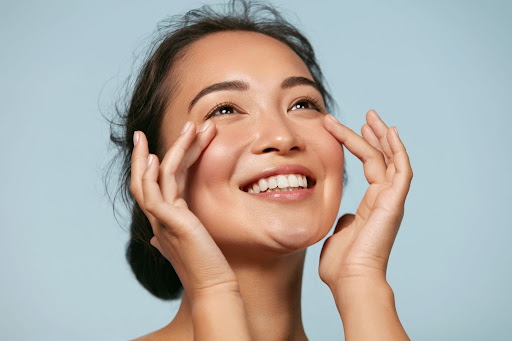
Your skin needs extra TLC in winter. However, keeping it hydrated during the summer is also essential. The additional sun, humidity, and sweating can make you susceptible to issues like…
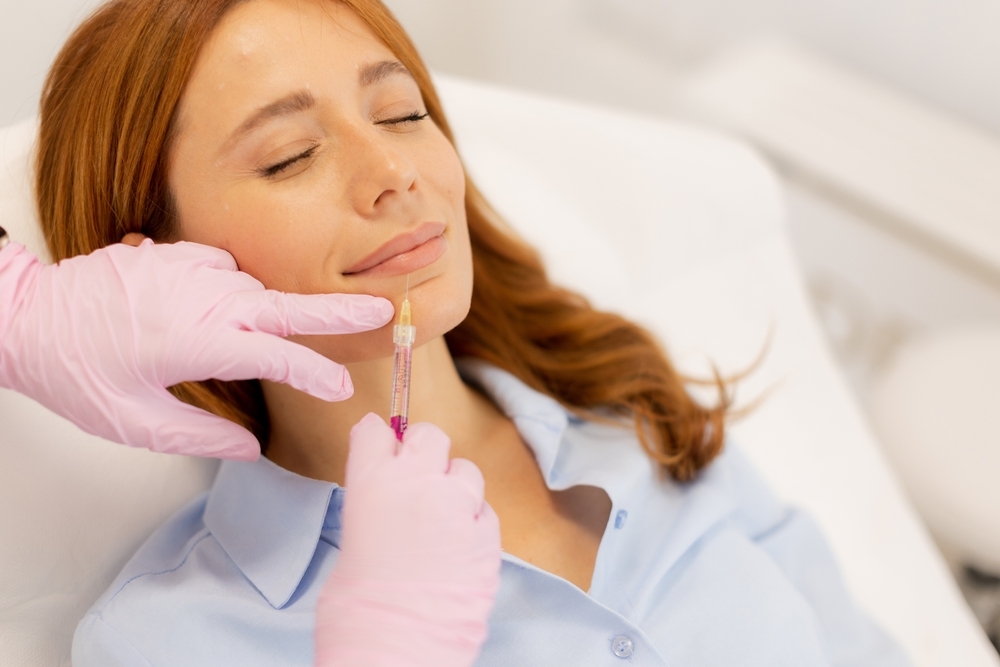
Lip enhancement is a fantastic way to improve the overall appearance of your lips and your face, whether you want a Kylie Jenner look or to fill them out for…

While testosterone therapy has become increasingly commonplace for men, there is less discussion around testosterone treatment specifically for women. We look at what is considered a healthy level of testosterone…
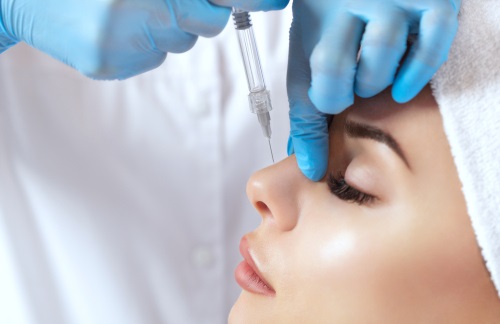
The shape of your nose can significantly impact not just how you look but also your self-confidence. As much as friends and family may assure you they can’t see the…
